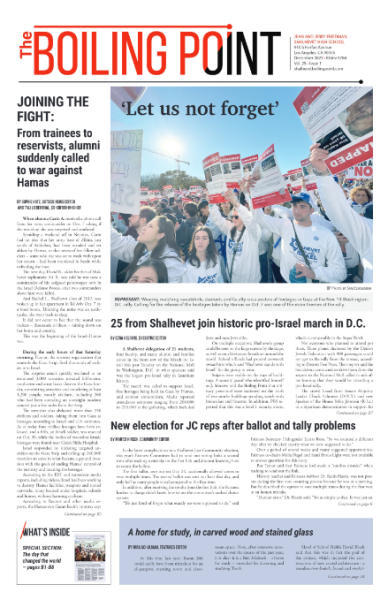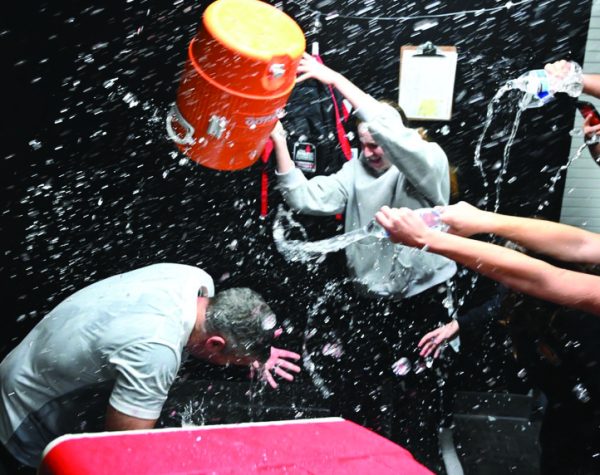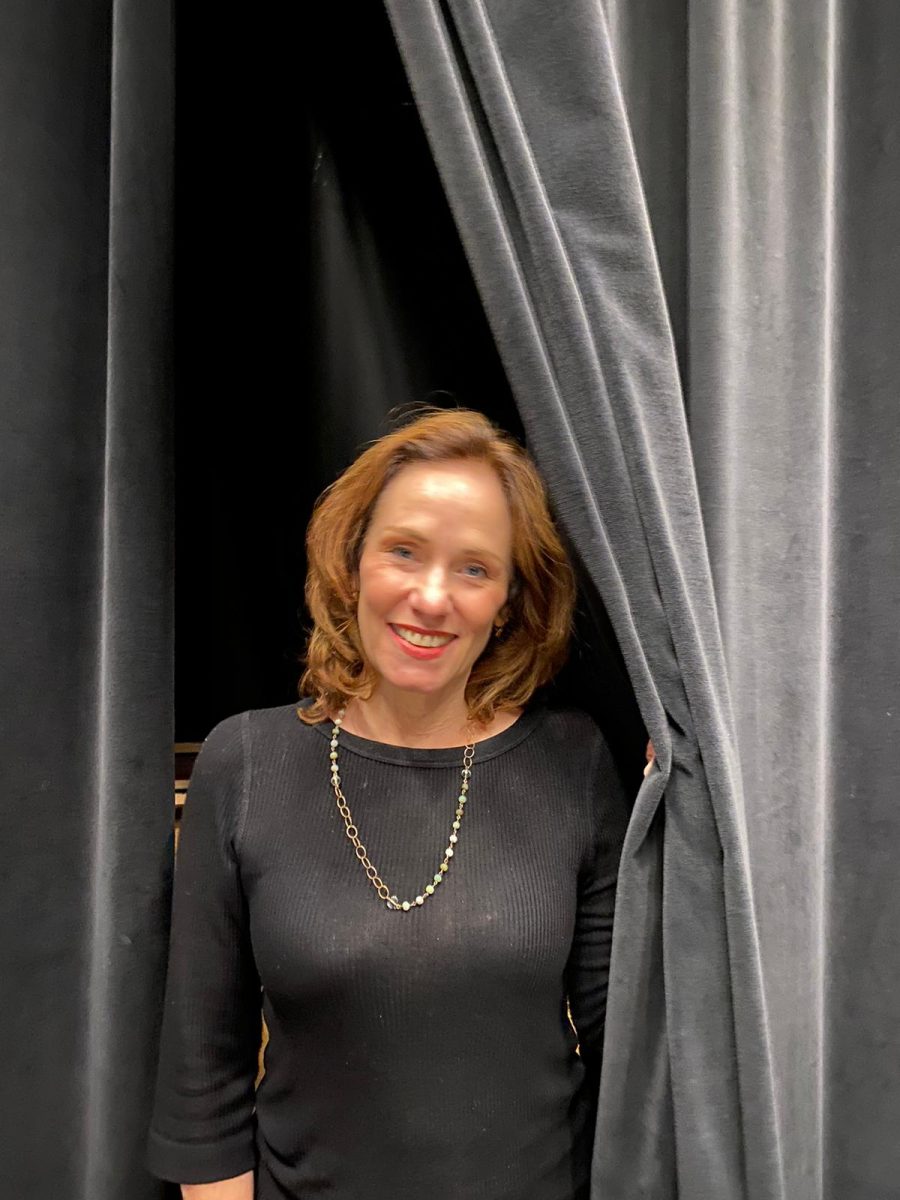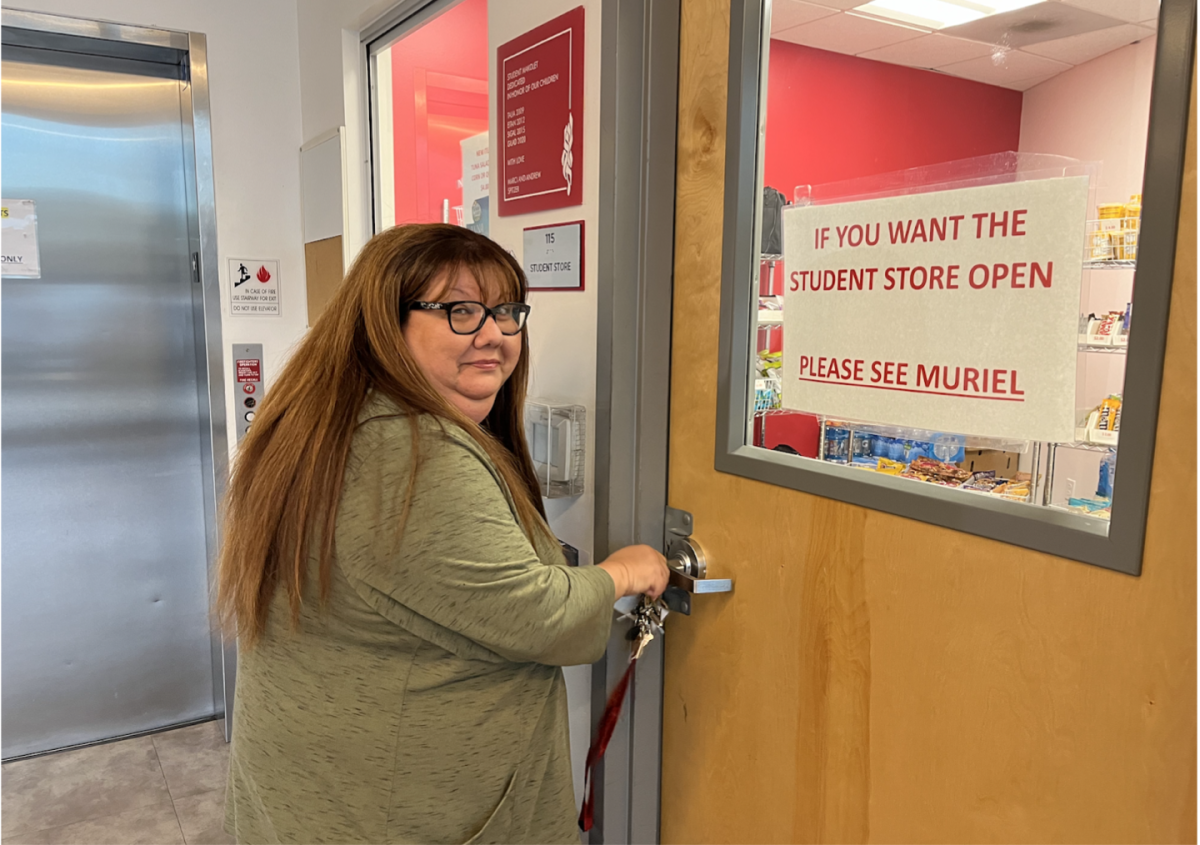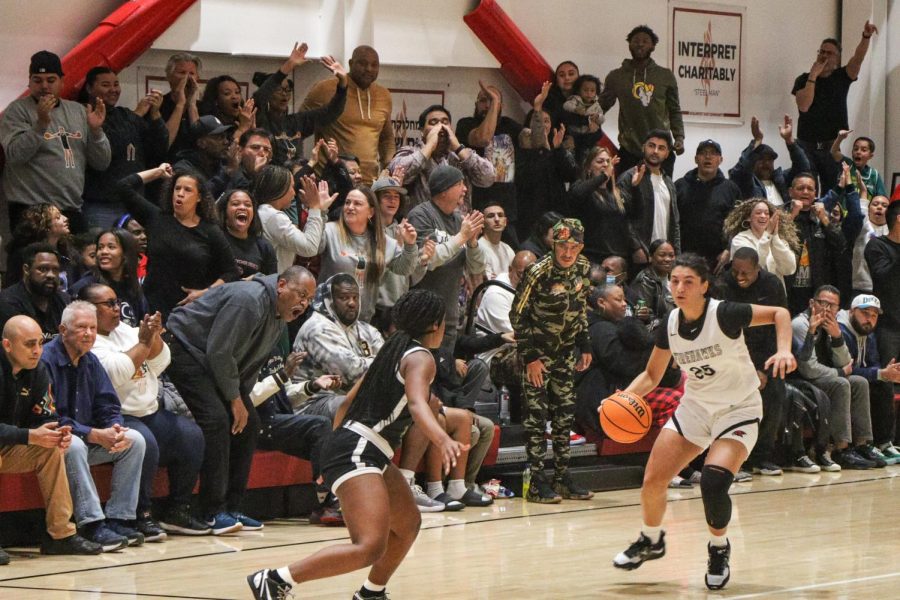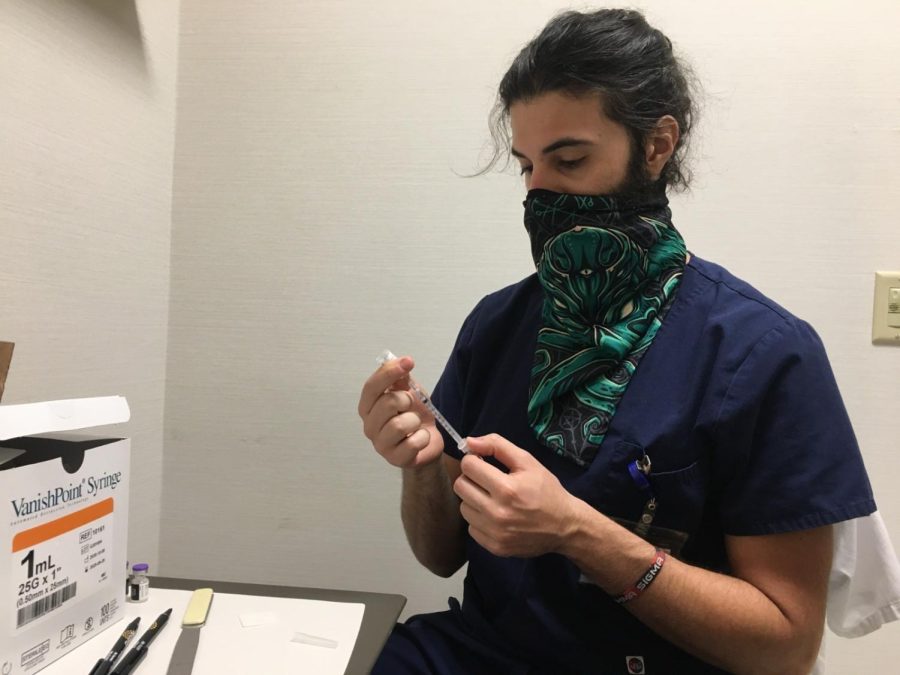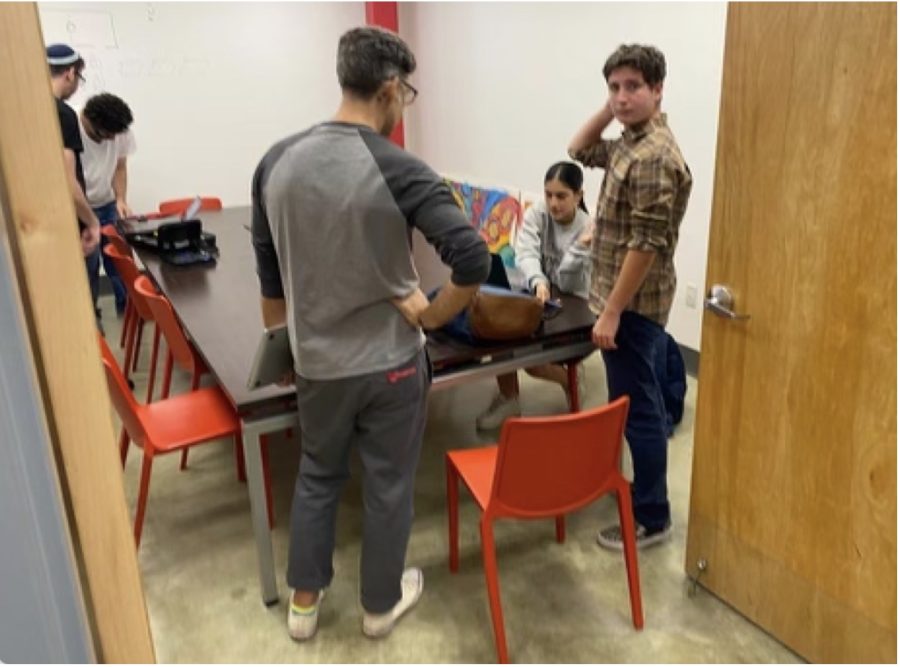Shalhevet students were happy to finally receive internet access on November 9, after 75 percent of students brought in the signed forms and administration decided that was close enough.
However, because Shalhevet reformed its internet policy to be safer and more law-abiding, access is now limited by filters and blocks to keep the internet running and to keep internet use appropriate.
And if the blocks aren’t enough to encourage appropriate internet usage, the school now keeps a record of what websites each student or faculty goes to on the school internet, to refer back to if problem usage is suspected.
“I can only see the URLs of the websites you go to, not what shows up on your screen,” said science teacher and Technology Director Mr. Yossie Frankel. “I don’t care what’s there and frankly I don’t want to know, unless it’s illegal.”
Student reaction was mixed.
“I like the way the internet is being handled right now,” junior Emilio Lari said. “Sure there are certain websites that are blocked, like Sparknotes, that we all wish weren’t, but it’s for a reason. I’m also fine with the URL record because our school isn’t one of those schools where they watch everything you do and it’s good to have records just in case anything ever happens.”
Though originally, students were not supposed to receive internet access until 100 percent of students turned in their Accessible Use Policy forms, the administration lowered their requirement to 75 percent so that students could get internet access sooner. Students who did not turn in their forms aren’t allowed to connect to the internet until they turn them in.
“I tried to find a way to make the internet available faster,” Agenda Chair Jeremy Lowe said. “Mr. Frankel had already configured the internet, so it was just a compromise between the administration and the students that the people who didn’t turn in the forms wouldn’t be able to use the internet.”
Mr. Frankel has the only access to the logs, which record the URLs of websites visited by both students and faculty. E-mail providers have their own security blocks, so the school cannot see actual e-mails that students read or write.
Such record-keeping is required under the Children’s Internet Protection Act of 2000, but only for schools which receive a federally discounted price for their technology equipment. Shalhevet does not receive the price, he said, because it is about the same as what we pay anyway and would have required copious paperwork.
But the school purchased and installed the filter when they were planning on applying for the federal grant and then kept it.
“We’re a school, we watch what’s going on,” Mr. Frankel said. “It’s not an invasion of privacy. If it was your home internet, it would be an invasion of privacy but it’s the school’s internet.”
In any case, Mr. Frankel said he does not check the record unless solicited to because of suspected misuse which has happened 1 times in the past 3 weeks.
“For some things I think it’s right, because we are in school and not at home and the school doesn’t want us doing illegal things because they are responsible for us,” freshman Emilie Benyowitz said. “But at the same time I feel like the school should trust us and some things shouldn’t be saved.”
Junior Saul Rothman agrees.
“If you aren’t accessing inappropriate sites you should have nothing to hide and nothing to worry about.”
Meanwhile, before student access was granted last month, Mr. Frankel set up website blocks to ensure appropriate internet use.
Shalhevet’s internet provider deals regularly with schools and has a filter system set up which blocks websites by the concentration of inappropriate words which it measures. It also blocks websites normally blocked by schools like sparknotes.com and the ratings that some websites give themselves.
Also, websites that have too many holes in their security are blocked to protect students from “pirates” who seek to control computers like a robot, without the owner knowing, Mr. Frankel said.
“We should have either the signed policy or we should have the blocked sites, not both,” said sophomore Justin Brandt-Sarif. “The blocked sites are just annoying.”
Mr. Frankel also said that now that students are on the network, the internet has drastically slowed down. To make sure this wouldn’t be too much of a problem, websites that play music or videos or take up too much bandwidth are blocked to keep the internet from slowing to a crawl.
Bandwidth is the amount of data that can be passed through the internet at a time. If the sum of the bandwidth required for each website being accessed at the same time reaches or exceeds the bandwidth capacity of Shalhevet’s internet, the internet won’t work. Websites that play music and video, like youtube.com and pandora.com, are blocked because they require a lot of bandwidth.
“It’s a way of thinking,” Mr. Frankel said. “At home the internet is for recreation, but at school we don’t have the resources to support that recreation… Although many students are asking to be able to use youtube.com and pandora.com, those sites won’t be enabled for awhile since the school doesn’t have the bandwidth necessary to use those sites.”
Over January break, Mr. Frankel hopes to install more bandwidth. After that, he said, the blocks on websites that take up too much bandwidth should be removed.











